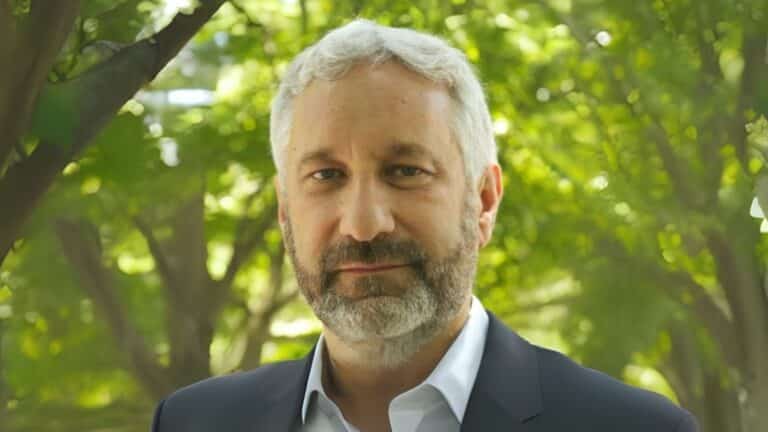Des Etats-Unis au Qatar, une course effrénée au GNL
La multiplication des projets de terminaux d’exportation de GNL avalisés par l’administration Trump pourrait entraîner un excédent massif de l’offre à partir de 2027.
Current Access Level “I” – ID Only: CUID holders, alumni, and approved guests only
Senior Fellow, Council on Foreign Relations
It seems that the coronavirus pandemic is here to stay as the newly-discovered Omicron variant of the virus spreads throughout the globe.
But climate change continues to be a threat too, as the impacts become more severe and the window for action narrows.
In this episode, Host Bill Loveless speaks with someone who has experience working on biological threats like pandemics as well as climate change.
Alice Hill is the David M. Rubenstein Senior Fellow for energy and the environment at the Council on Foreign Relations. She previously served as Special Assistant to President Barack Obama and Senior Director for Resilience Policy on the National Security Council.
The pair discussed her newest book “The Fight For Climate After COVID-19,” a treasure trove of insights on how we can use what we’ve learned from tackling COVID to build a climate resilient future.
The ten years since the Paris Agreement was signed at the UN Climate Change Conference, COP 21, have been the ten hottest years on record. And the outcome...

Last week, President Trump announced that he was imposing significant new sanctions on Russia. It’s an effort to cut off revenue Russia needs for its war in Ukraine....

Energy has long been used as a weapon. The United Kingdom blocked oil exports to Germany during World War I. Hitler’s fall was due in part to losing...

Trade tensions between the US and China have hit a new high mark. Last week, after China announced plans to ratchet up its export controls of some rare-earths...

As the host of COP30, Brazil has an unprecedented platform to demonstrate its climate leadership.

In the fall of 2024, the Center on Global Energy Policy (CGEP) at Columbia University SIPA launched the International Dialogue on Climate and Trade to afford governments and stakeholders opportunities to seek common ground on ways of more effectively and equitably managing issues at the intersection of climate and trade.

CGEP scholars reflect on some of the standout issues of the day during this year's Climate Week

World leaders are meeting in New York this month at the request of the United Nations Secretary-General António Guterres to discuss the state of global ambition on climate change.
